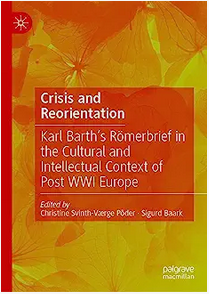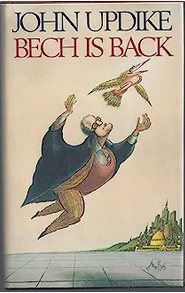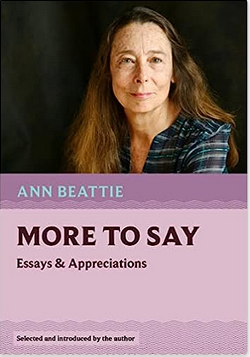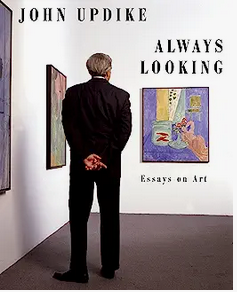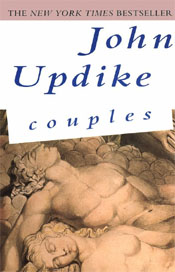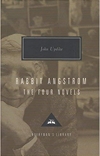Crisis and Reorientation: Karl Barth’s Römerbrief in the Cultural and Intellectual Context of Post WWI Europe, edited by Christine Svinth-Værge Põder and Sigurd Baark, features a chapter by Bent Flemming Nielsen on “A Literary Reception of Karl Barth’s Römerbrief: On Barthianism in John Updike’s Roger’s Version.”
Like the editors, Nielsen teaches in the Section of Systematic Theology, Faculty of Theology, at the University of Copenhagen in Copenhagen, Denmark.
Abstract
American author John Hoyer Updike (1932–2009) once said, “Karl Barth was my hero among theologians.” Updike found Barth’s early writings from Der Römerbrief (1922) until Fides Quaerens Intellectum (1931) especially interesting. Moreover, Barthian motives also played a role in Updike’s novels. This becomes most obvious in Roger’s Version (1986), a novel about a theological professor, Roger Lambert. The novel addresses Barthian topics such as revelation and knowledge of God in modernity, narrated through vivid examples of human arrogance, guilt, and infidelity. In addition to presenting a body of Updike’s conscious stylistic writing, this chapter delves into Barthian theological perspectives in Roger’s Version and Updike’s personal convictions. The chapter emphasizes mainly the dialectic “wisdom of death” as a key to interpreting the book. (The orality of the presentation has been retained to some extent.)

